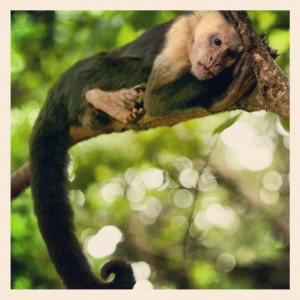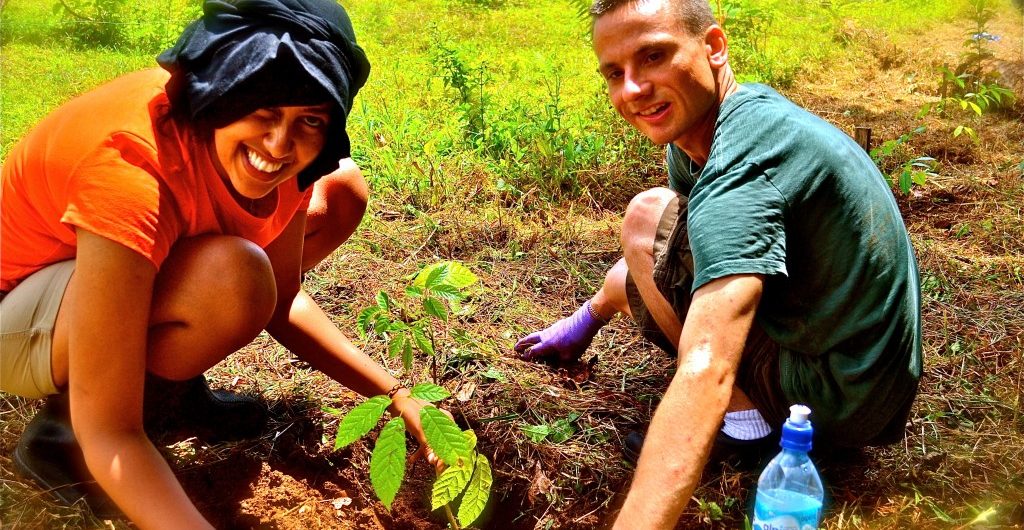 When giving orientations and presentations to first-timers, we always emphasize this as the number one key aspect to being safe in Costa Rica. There is so much life in the beautiful land of Pura Vida, Pura Life. With this, there are also many creatures (just to name a few….sloths, monkeys, lizards, alligators) and places to visit where you need to use caution. To do this, the simple teaching is to be aware.
When giving orientations and presentations to first-timers, we always emphasize this as the number one key aspect to being safe in Costa Rica. There is so much life in the beautiful land of Pura Vida, Pura Life. With this, there are also many creatures (just to name a few….sloths, monkeys, lizards, alligators) and places to visit where you need to use caution. To do this, the simple teaching is to be aware.
There are many amazing volcanoes and mountains for the hiker, but be sure to plan accordingly. The terrain can be challenging so be sure that you don’t bite off more than you can chew. If you’re not in good shape, know that there are many 3K and 5K trails that are just as worthy of accomplishment. When you embark on your journey uphill, bring along an ample water supply as the water can be quite hot and humid. Stay in tune with your hydration level to avoid any mishaps. As you trek through rainforests, pay close attention to your map and compass; it’s easy to get lost, so be sure to remain in the moment and be attentive to your surroundings.
 Costa Rica has some of Central America’s most poisonous snakes, including the fer-de-lance and the bushmaster. Be aware of each step you take as
Costa Rica has some of Central America’s most poisonous snakes, including the fer-de-lance and the bushmaster. Be aware of each step you take as



 If you do not know any Spanish, we recommend learning the basic Costa Rican slang prior to your travel ventures. Even if you do know Spanish, it’s important to keep in mind that you may overhear words and sayings that are unfamiliar to Spanish language that you hear in other Spanish-speaking countries. Recall from our
If you do not know any Spanish, we recommend learning the basic Costa Rican slang prior to your travel ventures. Even if you do know Spanish, it’s important to keep in mind that you may overhear words and sayings that are unfamiliar to Spanish language that you hear in other Spanish-speaking countries. Recall from our